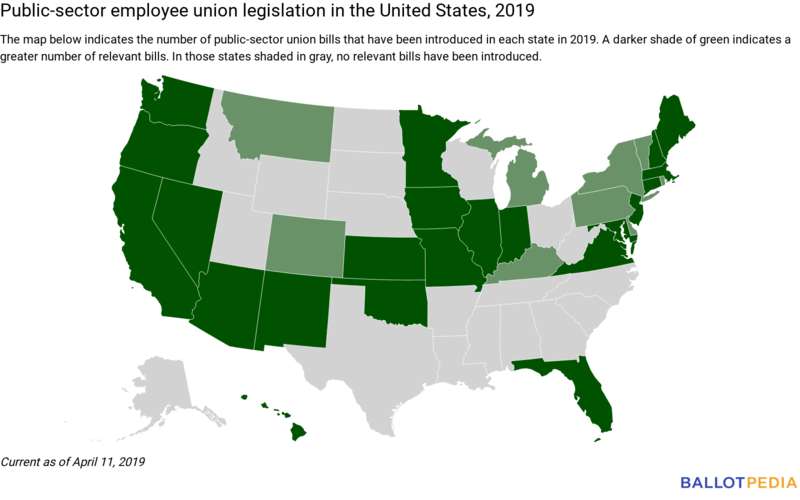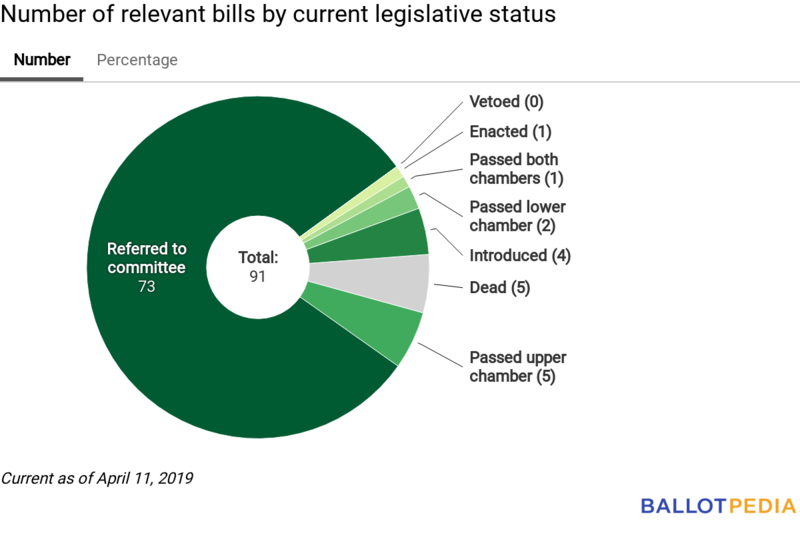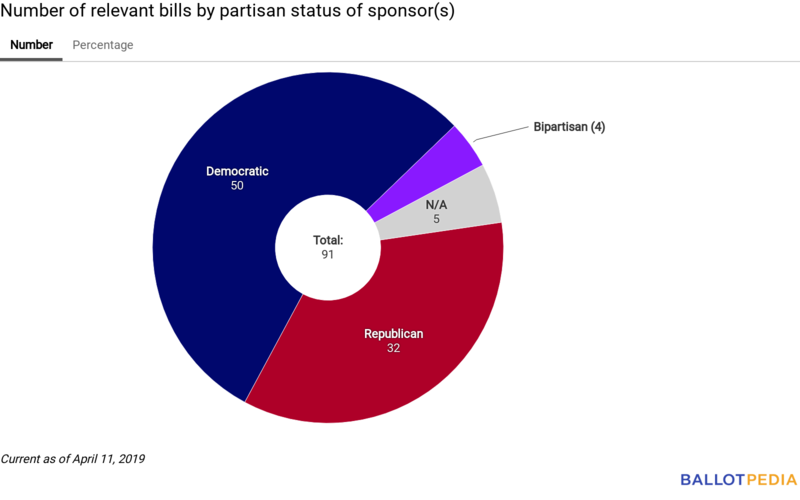Union Station: April 12, 2019
Welcome to Union Station, our weekly newsletter that keeps you abreast of the legislation, national trends, and public debate surrounding public-sector union policy. This week, we shine a spotlight on recent reports from two major public-sector unions which said they lost almost all agency fee payers since the Janus ruling.
Spotlight: Major public sector unions lose majority of agency fee payers in aftermath of Janus
A recent report from Bloomberg highlighted the impact that the Supreme Court's 2018 ruling in Janus V. AFSCME appears to be having on public sector unions. According to reports filed with the Department of Labor, the American Federation of State, County and Municipal Employees (AFSCME) and the Service Employees International Union (SEIU) have lost a combined 210,000 agency fee payers since Janus was decided in June 2018.[1]
AFSCME's agency fee payers dropped 98 percent, while the SEIU's fell 94 percent.
In an email to Bloomberg, an SEIU spokesman said the overall membership numbers to the union have not changed, showing “members are sticking together despite anti-worker extremists spending millions to divide us.”[1]
Reason's Eric Boehm praised the Janus decision and its effects, saying “Far from being an outright attack on the right of workers to unionize—which is exactly what unions claimed the Janus case was—the Supreme Court's decision allows all workers to do as they please.”[2]
- Janus v. AFSCME: On June 27, 2018, the U.S. Supreme Court ruled that public sector unions cannot require non-member employees to pay agency fees covering the costs of non-political union activities. This overturned precedent established in the 1977 case Abood v. Detroit Board of Education. Reviewing the court's First Amendment precedents, Justice Samuel Alito wrote that the agency fee arrangements violated employees First Amendment free speech rights. Alito said public sector employees must affirmatively consent to paying any type of union fee, rather than being required to affirmatively opt out in order to avoid paying.
The big picture
Number of relevant bills by state
We are currently tracking 91 pieces of legislation dealing with public-sector employee union policy. On the map below, a darker shade of green indicates a greater number of relevant bills. Click here for a complete list of all the bills we're tracking.
Number of relevant bills by current legislative status
Number of relevant bills by partisan status of sponsor(s)
Recent legislative actions
Below is a complete list of legislative actions on relevant bills since the beginning of the year. Bills are listed in alphabetical order, first by state and then by bill number.
- Connecticut HB06935: This bill would require public employers to provide unions with access to new employee orientations.
- Reported out of legislative commissioners' office April 8.
- Delaware SB8: This bill would establish compensation as a mandatory subject of collective bargaining efforts.
- Reported out of House Labor Committee April 10.
- Maryland HB766: This bill would establish collective bargaining rights for community college employees.
- Reported unfavorably by House Appropriations Committee and withdrawn April 8.
- Nevada SB135: This bill would provide for collective bargaining rights for state employees.
- Senate Government Affairs Committee hearing April 10.
- Oregon HB3009: This bill would require public employers to provide unions with access to new employees. This bill would also permit individuals who are not union members to make payments in lieu of dues to unions.
- Second reading in the House April 10.
- Pennsylvania HB1178: This bill would require public employers to provide unions with access to new employee orientations.
- Introduced and referred to House Labor and Industry Committee April 10.
- Pennsylvania SB222: This bill would require public employers to provide unions with access to new employee orientations.
- Introduced and referred to Senate Labor and Industry Committee April 10.
- Sponsored by Democrats.
See also
| |||||||||||||||||||||||





